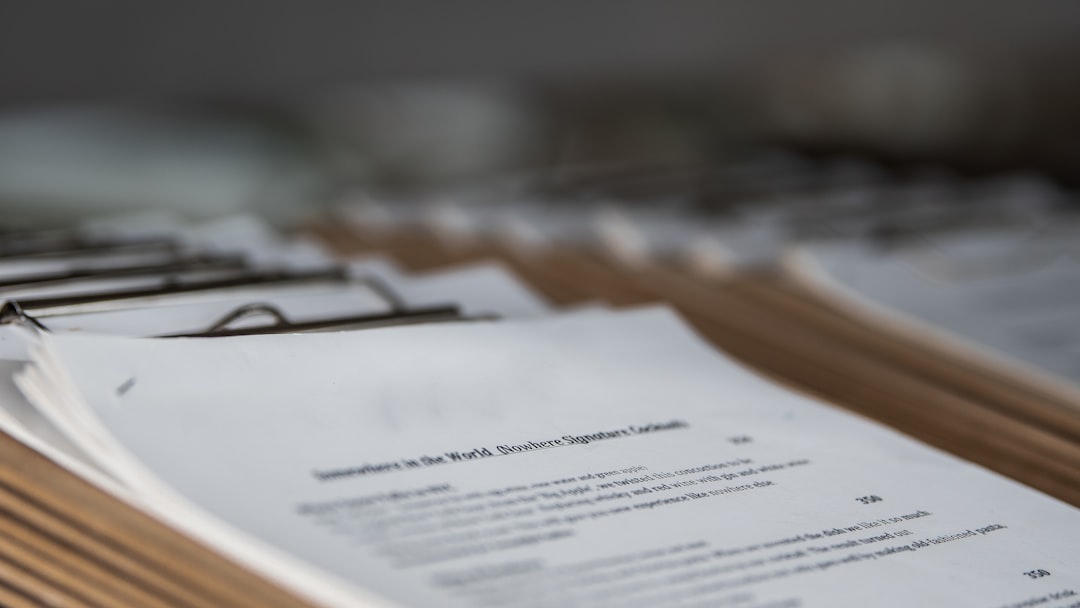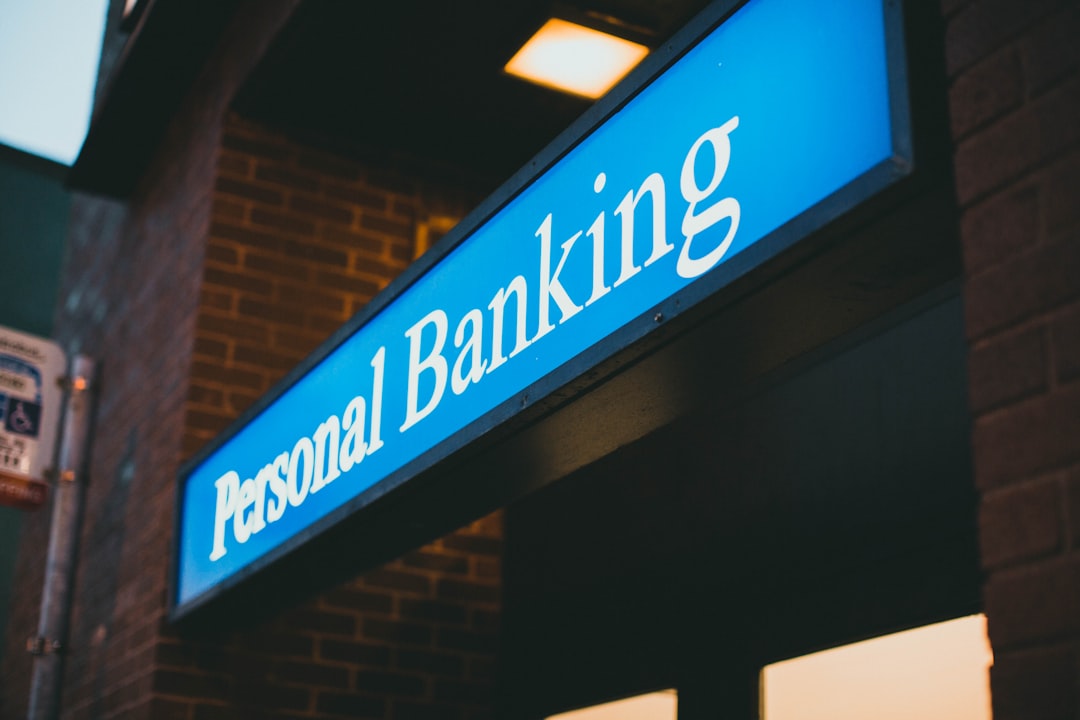Filing for bankruptcy can be a challenging and stressful experience, leaving a significant mark on your financial history. However, it’s not the end of your financial journey. With time, discipline, and strategic planning, you can rebuild your credit and even qualify for a personal loan after bankruptcy.
This guide outlines the essential steps to follow to improve your chances of obtaining a personal loan post-bankruptcy. Want to apply for a loan at lower interest rates and easy repayment options? Apply for your next personal loan from Airtel Finance, via the Airtel Thanks app. Less documents, greater eligibility, seamless process and more.
Understand the Impact of Bankruptcy on Your Credit
Credit Report and Score
Bankruptcy negatively impacts your credit score and stays on your credit report for up to 10 years. It signals to lenders that you have struggled with debt management in the past, making them wary of extending new credit to you.
Rebuilding Credit
The first step towards getting a personal loan after bankruptcy is to rebuild your credit. This involves demonstrating responsible financial behaviour over time to improve your credit score and rebuild your creditworthiness.
Read more: What is the processing fee on personal loans?
Steps to Rebuild Credit
1. Check Your Credit Report
Regularly review your credit report to ensure that all information is accurate and up-to-date. You can obtain a free credit report from major credit bureaus like Experian, Equifax, and TransUnion once a year. Look for errors or discrepancies and report them to the credit bureau to have them corrected.
2. Create a Budget
Develop a realistic budget that allows you to live within your means. Track your income and expenses to ensure that you can cover your monthly obligations and set aside savings. A well-managed budget is crucial for demonstrating financial responsibility.
3. Pay Bills on Time
Consistently paying your bills on time is one of the most effective ways to rebuild your credit. Set up reminders or automatic payments to avoid missing due dates. Timely payments positively impact your credit score and show lenders that you can manage debt responsibly.
Read more: How to choose the best personal loan lender?
4. Open a Secured Credit Card
A secured credit card requires a cash deposit as collateral, which typically serves as your credit limit. Use this card for small purchases and pay off the balance in full each month. Over time, this can help improve your credit score by establishing a positive payment history.
5. Consider a Credit-builder Loan
Credit-builder loans are designed to help individuals rebuild their credit. The loan amount is held in a bank account while you make fixed monthly payments. Once the loan is paid off, you receive the funds. These payments are reported to credit bureaus, helping to improve your credit score.
Read more: How to close a loan and what are its benefits?
Frequently Asked Questions (FAQs)
1. How long after bankruptcy can I apply for a personal loan?
You can apply for a personal loan immediately after your bankruptcy is discharged, but your chances of approval improve if you wait at least six months to a year while rebuilding your credit.
2. Will bankruptcy affect my ability to get a personal loan indefinitely?
No, bankruptcy will not affect your ability to get a personal loan indefinitely. As you rebuild your credit and demonstrate responsible financial behavior, the impact of bankruptcy on your creditworthiness will diminish over time.
3. Can I get a personal loan with a co-signer after bankruptcy?
Yes, having a co-signer with good credit can significantly increase your chances of getting a personal loan after bankruptcy. The co-signer’s good credit mitigates the lender’s risk, potentially leading to better loan terms.
4. What interest rates can I expect on a personal loan after bankruptcy?
Interest rates on personal loans after bankruptcy are typically higher due to the increased risk to the lender. Rates can vary widely, so it’s essential to shop around and compare offers from different lenders.
5. Can a secured loan help me get a personal loan after bankruptcy?
Yes, a secured loan, which requires collateral, can be easier to obtain after bankruptcy. The collateral reduces the lender’s risk, making them more likely to approve the loan and offer better terms.
6. How can I improve my chances of loan approval after bankruptcy?
Improving your chances of loan approval involves rebuilding your credit, maintaining a stable income, paying bills on time, and possibly having a co-signer. Demonstrating financial responsibility and stability will make you a more attractive borrower.
Read more: Top 7 benefits of personal loans you must know
Rebuilding your financial life after bankruptcy takes time and effort, but it is possible. By following these steps and maintaining disciplined financial habits, you can improve your creditworthiness and increase your chances of obtaining a personal loan. Remember that patience and persistence are key to overcoming the challenges posed by bankruptcy and achieving financial stability.


 Get App
Get App  Airtel Store
Airtel Store  Login
Login 


